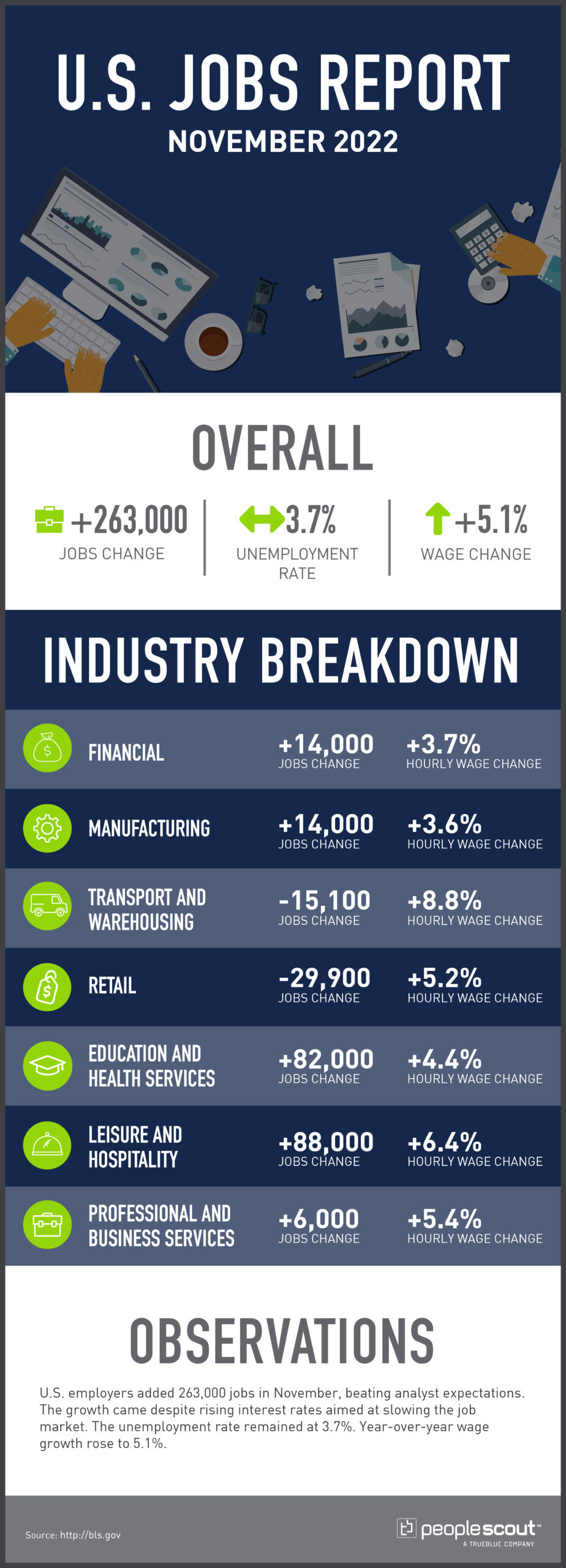By Simon Wright, Global Head of Talent Advisory
When it comes to applying for and accepting new jobs, candidates have more options than ever before. Companies with poor candidate experiences will lose out on the top talent as employers battle for the best prospects.
So, how does the average candidate experience stack up against candidate expectations?
According to PeopleScout’s most recent research, less than two in 10 candidates rate their experience as excellent.
For the Inside the Candidate Experience 2023 Report, we used our proprietary Candidate Experience Diagnostic to audit the candidate journeys of over 215 organizations worldwide. Then we compared this to data gathered via a global survey of over 2,400 job seekers.
The findings reveal a significant gap between candidate expectations and the reality they face while looking for jobs, gathering information to support their decision, and applying.
Here are three surprises from our research:
1. Less than half of employers show information about the organization’s mission, purpose or values on the career site
Yet, they’re in the top considerations for applicants when deciding to apply.
Your takeaway:
Candidates want fulfilling employment and a company that upholds their values—especially Gen Z and Millennial workers. In fact, one in five Millennials state that an organization’s goals and mission are their top priority when considering a job. By not featuring this information on your career site, you’re passing up an opportunity to create an emotional connection with your candidates.
2. Just half (53%) of organizations provide an opportunity for candidates to register their interest or to sign up for job alerts
Even fewer (39%) prompted candidates to join a talent community.
Your takeaway:
Modern job seekers are more sophisticated than ever and are looking to grow a career, not just apply for jobs transactionally. In fact, on average nine months goes by between a candidate engaging with an employer and applying for a job. Maintaining a talent pipeline lets you build a relationship with your talent audience and ensures you get the best talent, not just those who are looking at the time a vacancy arises.
3. 44% of organizations did not provide an opportunity for candidates to give feedback on their experience
Plus, men are more likely than women to be aware of opportunities to provide and receive feedback during the recruitment process.
Your takeaway:
This is a major oversight for many organizations. If you’re not leveraging surveys to gather feedback from all of your candidates, you are passing up valuable insights that might help you enhance your employer brand, lower attrition and shorten your hiring cycle.
The candidate experience is a hot topic, and most talent leaders I speak with appear to recognize the value of improving the candidate journey. However, this research demonstrates that organizations still have work to do to live up to the standards of today’s job seekers. My hope is that our recent findings will mobilize talent acquisition teams to put real action behind their words and make bold moves to improve their candidate experience and speed up the pace of progress.
To get the full research and more actionable insights, download the Inside the Candidate Experience 2023 Report.





